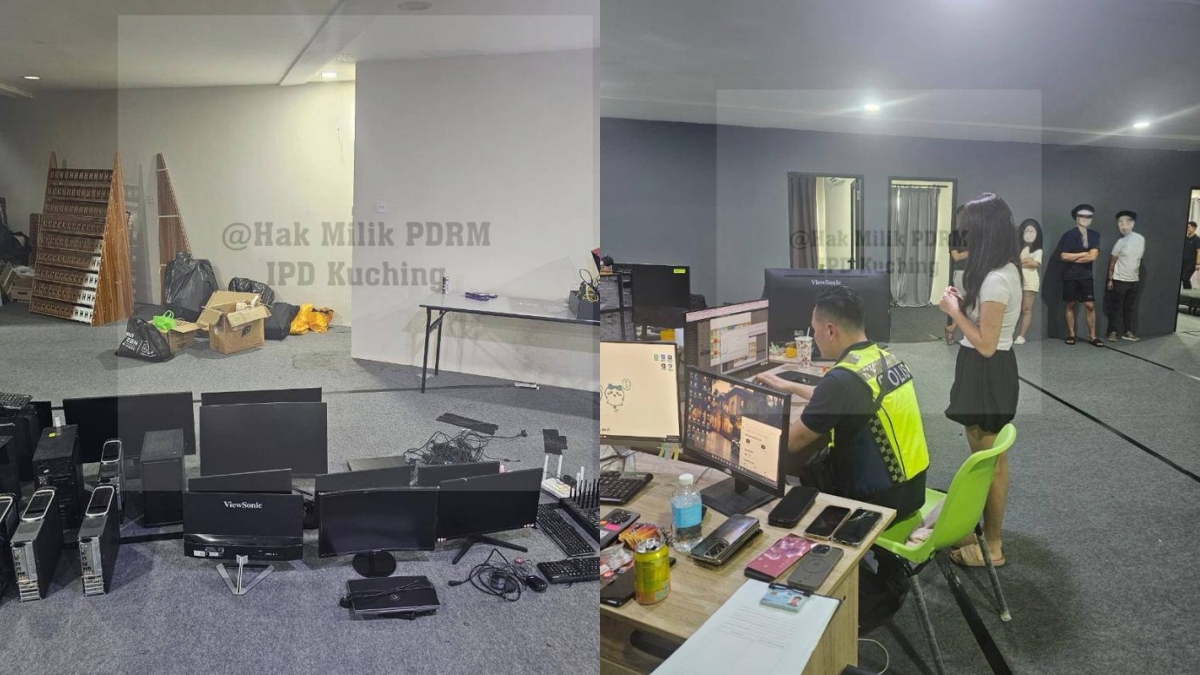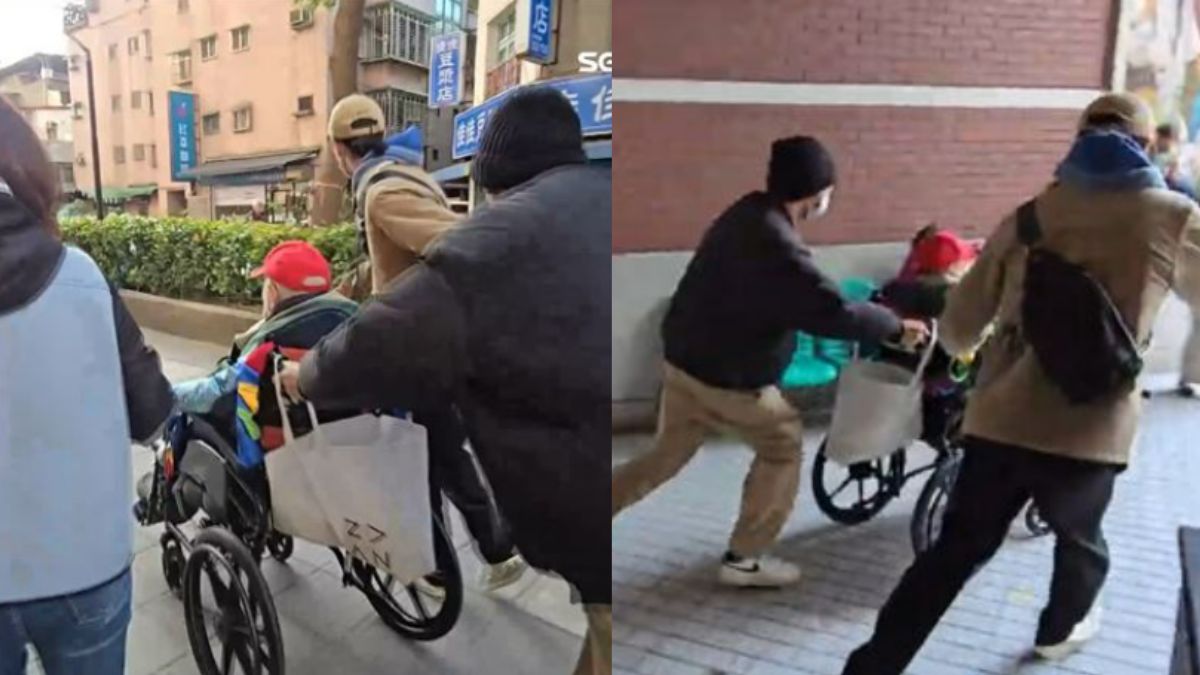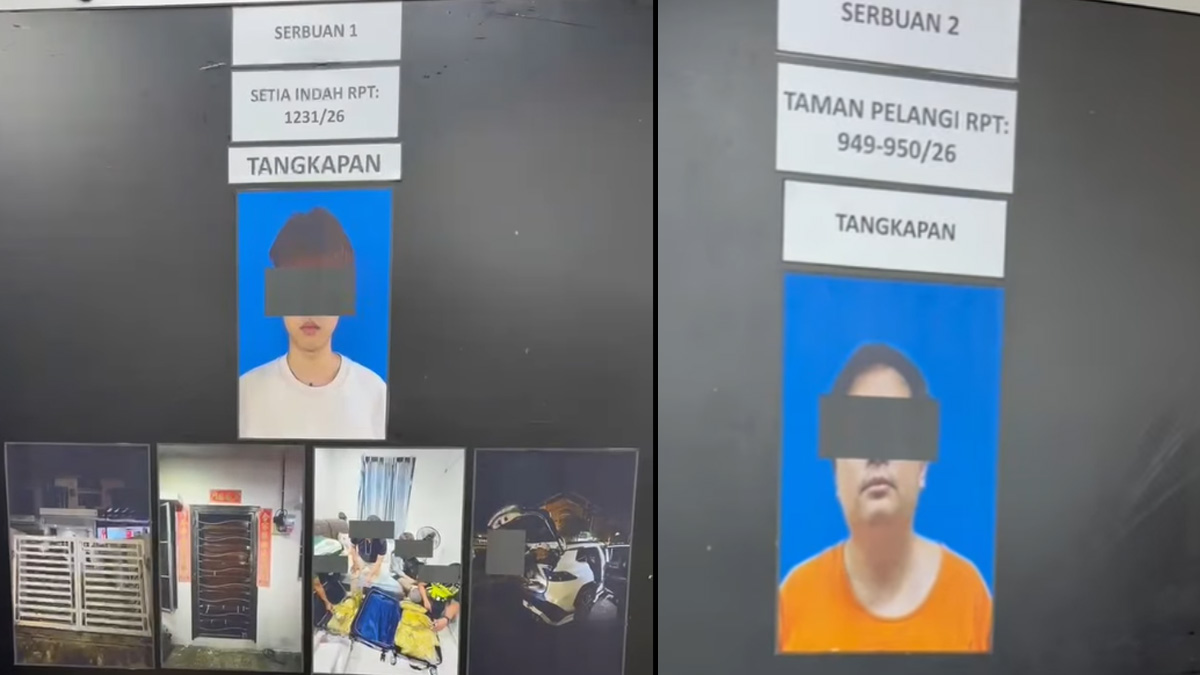Singapore to enforce tougher laws on e-vaporisers and etomidate from 1 September 2025
Singapore will impose stricter penalties for vaping and drug-laced Kpods from 1 September 2025, as etomidate and its analogues are reclassified as Class C drugs under the Misuse of Drugs Act. The new measures include heavier fines, mandatory rehabilitation, and harsher penalties for traffickers.

- Etomidate and its analogues will be reclassified as Class C drugs, making unauthorised possession or trafficking a criminal offence.
- The new law introduces higher fines, rehabilitation programmes for youth abusers, and mandatory caning for traffickers.
SINGAPORE: Singapore will tighten its laws on vaping and drug-laced Kpods from 1 September 2025, as etomidate and its analogues are officially reclassified as Class C controlled drugs under the Misuse of Drugs Act (MDA).
The updated legislation imposes higher fines for users, mandatory rehabilitation for repeat offenders, and significantly harsher punishments for suppliers and traffickers, including mandatory caning.
Etomidate, previously regulated under the Poisons Act, will now fall under the MDA, making it illegal to manufacture, import, export, possess, consume or traffic the drug and its chemical analogues without authorisation.
According to the Central Narcotics Bureau (CNB), the move aims to strengthen enforcement against the growing abuse of drug-laced vaping products such as Kpods. The Bureau noted that several related substances — including butomidate, metomidate, isopropoxate, and trifluoro-etomidate (TF-etomidate) — will also be covered under the new classification.
CNB explained that some of these compounds have already been detected in e-vaporisers overseas, raising concerns that such products could spread locally if enforcement is not tightened.
Currently, individuals caught vaping are fined S$300 if under 18, and S$500 if 18 or older. From 1 September, first-time offenders under 18 will face a S$500 fine, while adults will be fined S$700.
Those caught a second time will be required to attend a mandatory three-month rehabilitation programme, involving six counselling sessions. Failure to complete the programme will result in prosecution.
For a third or subsequent offence, offenders will face court action under the Tobacco (Control of Advertisements and Sale) Act, with fines of up to S$2,000.
Users of Kpods will face even stricter measures. First-time abusers will not only be fined but must undergo an intensive rehabilitation programme of up to six months. Second-time offenders will be arrested, tested, and placed under mandatory supervision with regular drug testing for six months.
Health Minister Ong Ye Kung stated at a press conference on 28 August that about 80 per cent of etomidate abusers are under 30 years old. He emphasised that younger offenders often lack awareness of the drug’s risks and should be given opportunities for recovery rather than punishment.
“The requirement for rehabilitation will give them a chance to turn over a new leaf and put the etomidate behind them for good,” said Ong.
Senior Parliamentary Secretary for Social and Family Development Eric Chua added that youth-focused rehabilitation programmes will be tailored to the severity of offences. First-time abusers will undergo a three-month programme with up to 10 sessions, while repeat offenders will attend a six-month course with at least 16 sessions and six months of supervision.
Those aged 16 and above who reoffend after completing rehabilitation will be admitted to a Drug Rehabilitation Centre, followed by a 12-month period of testing and supervision. Offenders under 16 will instead be placed under mandatory supervision for the same duration.
Individuals who voluntarily enrol in the QuitVape programme, or whose parents report them for early intervention, will not face prosecution.
From 1 September, penalties for suppliers and traffickers of etomidate and related substances will also increase sharply. Under the updated MDA, those convicted of importing the drug will face a mandatory minimum of three years’ jail and five strokes of the cane, with a maximum sentence of 20 years and 15 strokes.
Selling or distributing the drug will carry a minimum of two years’ jail and two strokes, and up to 10 years and five strokes for severe cases.
Home Affairs Minister K Shanmugam said during the same press conference that traffickers must face severe consequences for deliberately profiting from others’ harm.
“They want to make money and profit from the misery of other people,” he said. “They know it’s an offence. They need to be dealt with harshly.”
The government also announced firm enforcement measures across schools, the civil service, and the military. Educational institutions will be required to report all vaping incidents to authorities. Students may face disciplinary actions such as detention, suspension, caning (for boys), conduct downgrades, and mandatory counselling.
Institutes of higher learning may revoke scholarships, leadership positions, overseas exchange opportunities, or hostel privileges. Repeat student offenders could face suspension or expulsion.
Civil servants found using or distributing vapes will face disciplinary action, including fines, demotion, or dismissal. Members of the Home Team and the Singapore Armed Forces (SAF) may also face detention or discharge, in addition to rehabilitation measures.
Foreigners caught with vaping devices will have their items seized and may be fined. Repeat offenders could be banned from re-entering Singapore. Tourists on short-term visit passes will be barred from re-entry upon a second offence, while long-term pass holders may have their passes revoked and be deported after a third.
Those testing positive for etomidate use or caught with Kpods may also face deportation and re-entry bans. However, an appeals process will be available for affected individuals.
Authorities say the new framework reflects Singapore’s dual focus on deterrence and rehabilitation. By combining stronger enforcement with structured recovery programmes, the government aims to curb rising abuse trends while helping youth offenders reintegrate.







